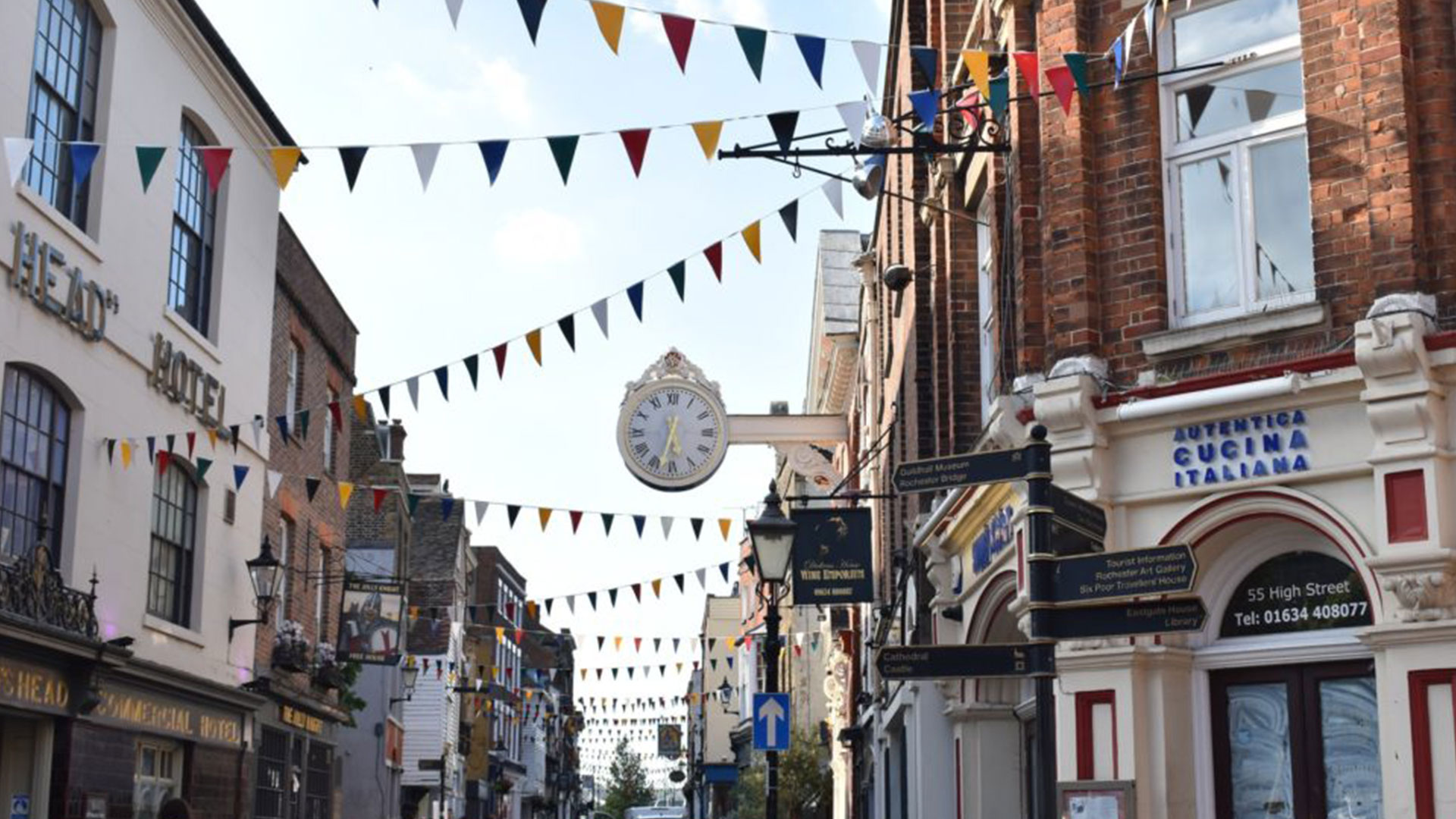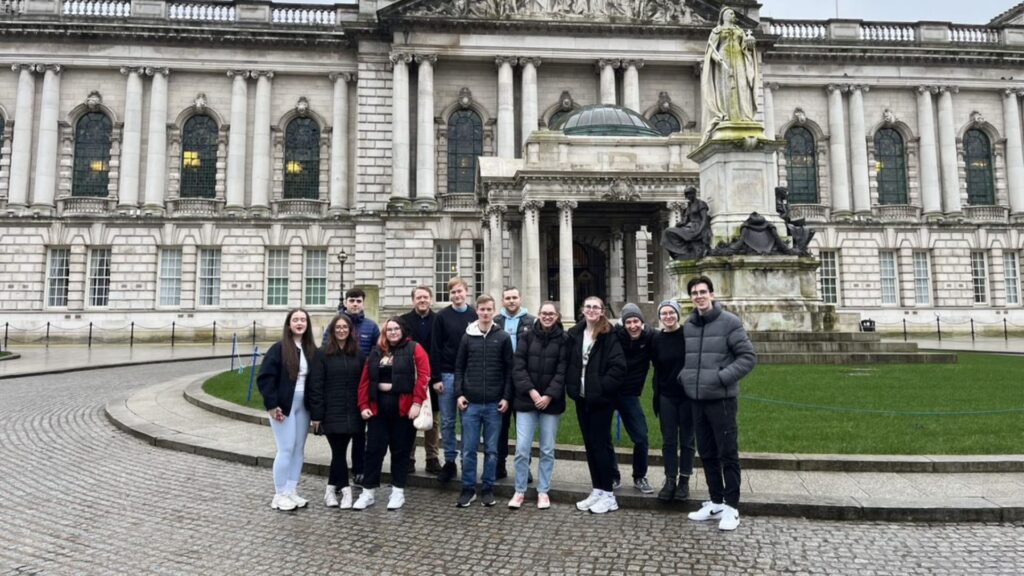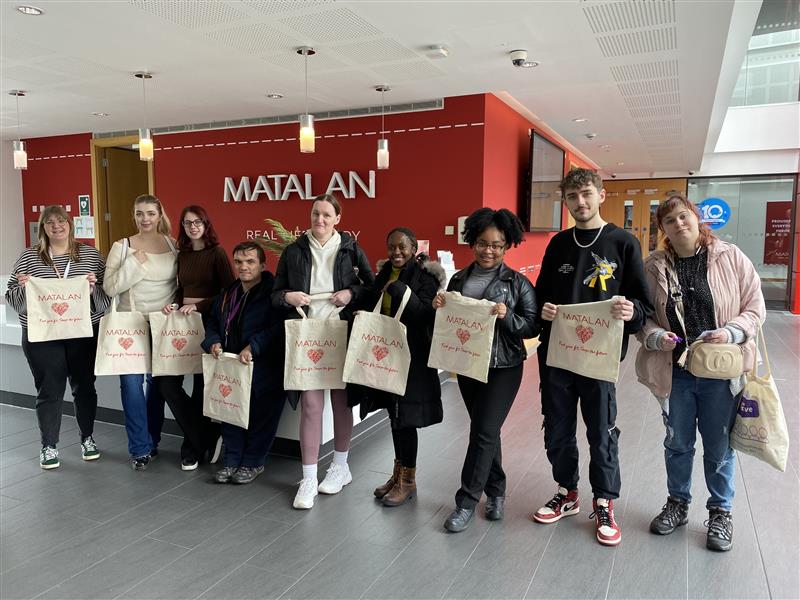The drive to breathe new life into our town centres and high streets is nothing new, but the need has become more urgent. The past decade has seen online shopping take off and big retail names disappear. Outdated and inflexible town centre use policies have done little to stem rising vacancy rates and falling footfall.
Professor Kim Cassidy combines her extensive retail experience with academic research to evidence the challenges our high streets and town centres face. She also recommends ways in which they can thrive once again.
Her research and insights have shaped two landmark reports on the future of our town centres and high streets. They have resulted in significant changes in how government funds and supports their regeneration.
The need to create a distinct ‘sense of place’ has replaced mass consumerism and ‘clone towns’. The focus is on creating individual, inspiring places where people choose to spend time.

Boom towns from ghost towns
Our town centres are of great value. They create jobs, nurture small, independent businesses and inject billions into our economy – more than the entire national health budget.
The reasons for their decline are complex. The increase in online shopping and out-of-town retail parks and the failure of many retailers to adapt quickly enough to this shift – especially amidst a pandemic – has had a profound effect.
In 2020, 17,500 UK chain stores closed, with town centre footfall down 5% since 2015. The pandemic has accelerated this decline.
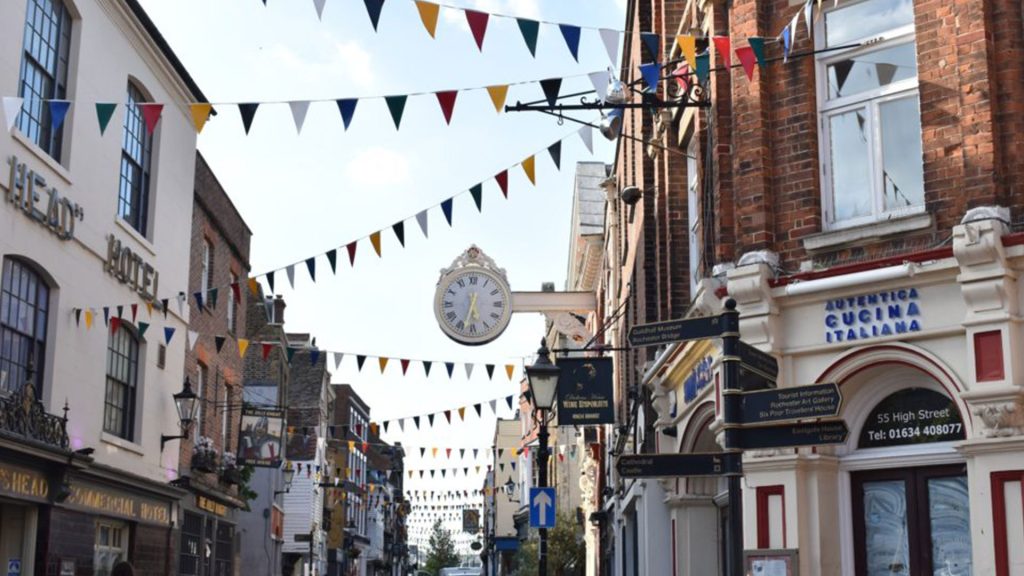
These challenges have been compounded by the absence of a national strategy, bureaucratic local leadership, outdated planning and building regulations and ineffective business rate schemes.
Professor Cassidy was commissioned as the sole academic contributor to The Grimsey Review 2 (2018) and the subsequent Build Back Better Covid supplement (2020) – independent reports identifying barriers to town centre regeneration and making recommendations for change in town centre policy.
She was tasked with providing a robust evidence base – work she carried out in Edge Hill’s Business School between 2018 and 2020. Professor Cassidy also helped shape the reports into user-friendly documents with policy-ready recommendations.
The reports subsequently influenced the scope of two government funds designed to re-energise town centres and local economies – the £1bn Future High Streets Fund and £3.6bn Towns Fund.
They have also informed the decision-making of town leaders and retail executives charged with shaping local, national and international regeneration strategy.
“Professor Cassidy’s input was invaluable, collating and evaluating evidence of best practice from towns across the UK and Europe. These were used to frame the recommendations.”
Bill Grimsey, report author and former chief executive of Wickes, Iceland and Focus DIY
The towns getting it right
Over two years, Professor Cassidy carried out case-based research into retail best practice and interviewed consumers, businesses and town centre leaders. She also visited thriving towns in the UK and abroad to examine what they were doing differently. The success factors became the key themes behind the Grimsey Review 2 and the Build Back Better Covid supplement.

- The ‘community hub’ solution – retailers and hospitality businesses can benefit from working with tourism, leisure and health sectors to build a strong recreation and leisure offer. A cake shop may offer cake decoration classes, or a gym may host a local health initiative
- Creating a ‘sense of place’ – ensuring each business is signed up to a distinctive town vision – one that gives people a reason to visit. This could be emphasising the town’s heritage or its food through a recognisable ‘look and feel’, cross-promotion and joint events.
- Involving the community – a move away from top-down ‘build it and they will come’ regeneration to an approach that involves communities, getting their input on the services and amenities they want to see. Better access to health and wellbeing services is a common ask.
- Getting the support right – creating the right environment for innovation. This includes changing building use without needing planning permission and creating a national body to capture and share best practice investment models, academic research and case studies.
Supporting towns to thrive
As areas prepare to bid for funding or look to put their successful bids into practice, Professor Cassidy is on hand to offer expert support.
She shares her research findings with council leaders, delivers keynote presentations to those responsible for town centre plans, supports community consultations and leads workshops to ensure bids stand the best chance of success.
Her influence can be evidenced locally and nationally, from Southport (just a few miles from Edge Hill University) showcasing its championship golf pedigree and other health and leisure assets, to Southwell in Nottinghamshire cross-selling its Minster and independent shops.
Professor Cassidy’s expertise is also valued internationally, with Roeselare – the food capital of Flanders – using her insights to support a second city centre plan.
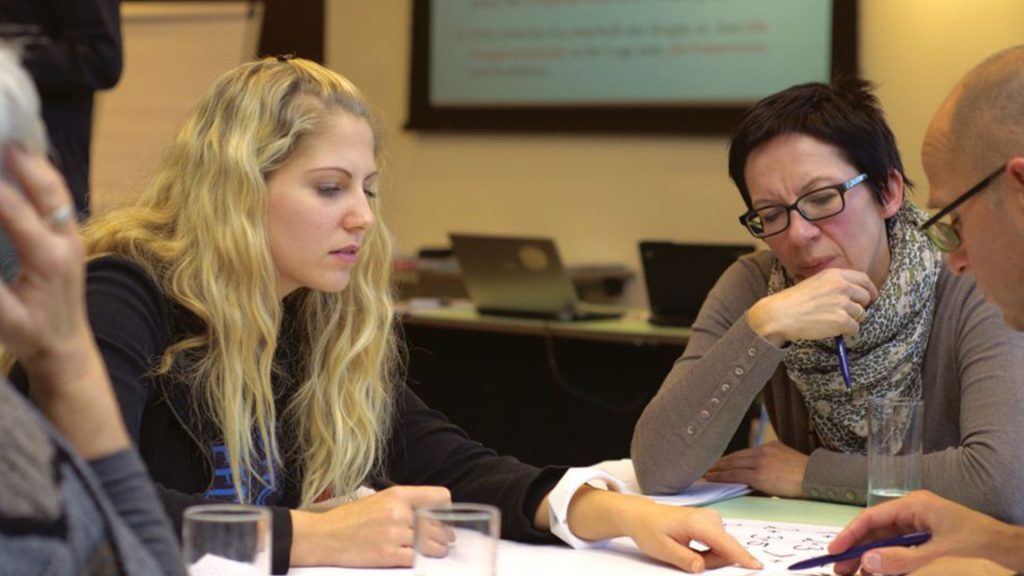
“Professor Cassidy’s research has helped shape the content of funding applications by highlighting strategies to effectively engage business community stakeholders and offering insights about ways retailers might work with assets to develop more community-focused town centres.”
Former Principal Economic Regeneration Officer (Growth and Development), West Lancashire Borough Council (year)
Keeping up momentum
Professor Cassidy is focused on the sustainability of high streets and town centres. She wants them to be considered ecosystems – their success dependent on a range of stakeholders all playing their part.
Her current areas of interest include:
Looking at the future of independents
In 2021, Professor Cassidy researched for another Grimsey Review research paper, Against All Odds. It highlights the resilience and innovation independent retail and services businesses showed during the pandemic. She is now focused on how these changes can be sustained and supported through policy and practice. What resources do independent businesses need to keep up their unique, community-focused offer?
Edge Hill employability students, under the guidance of Professor Cassidy, are working with independents on a Digital Ambassador Placement Scheme. It aims to help them embrace digital skills so they can remain at the heart of the community and reach markets beyond.
The role of the community
Through the government’s Community Ownership Fund, local people have been able to buy or take over local community assets such as pubs and post offices in danger of being lost. Professor Cassidy is keen to examine the success of these schemes and the skillsets of people involved to establish which are of most value.
How high streets can support the health and wellbeing agenda
Data shows that communities with poor performing high streets also have some of the worst health and wellbeing outcomes. Making use of empty shops can improve access to services. Professor Cassidy wants to build on recommendations from a 2021 workshop Health on the High Street. Hosted by Edge Hill’s Business School and Health Research Institute, it brought together business leaders, local government and GPs.
Our research means that
- Towns across England have the opportunity of a more sustainable future with government responding – through funding and wider support – to compelling evidence-based reports and recommendations.
- Local communities are formally involved in town centre regeneration, helping ensure it reflects their needs and wants.
- Local decision-makers and businesses have access to evidence and best practice to develop strategies and plans that allow their town centres to thrive.
Find out more about Professor Kim Cassidy’s research by viewing their profile on Pure:
Professor Kim Cassidy’s researchApril 4, 2022
